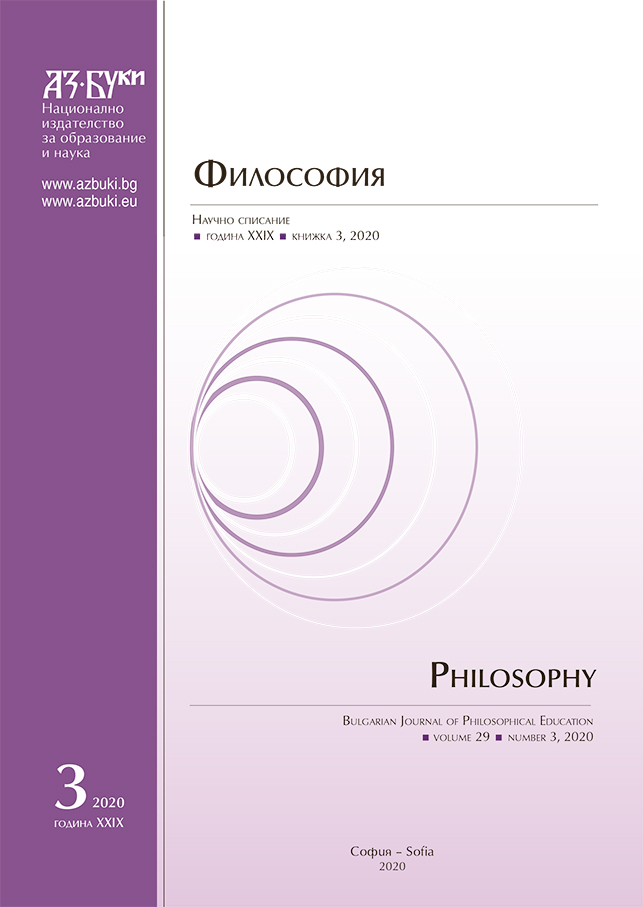Pragmatic Interpretation of Knowledge in Wittgenstein’s Later Philosophy
Pragmatic Interpretation of Knowledge in Wittgenstein’s Later Philosophy
Author(s): Andrii SynytsiaSubject(s): Philosophy, Social Sciences, Education, Psychology, History of Philosophy, Philosophical Traditions, Metaphysics, Epistemology, Logic, Ethics / Practical Philosophy, Special Branches of Philosophy, Contemporary Philosophy, Pragmatism, Analytic Philosophy, Philosophy of Science, Philosophy of Language, Educational Psychology, Cognitive Psychology
Published by: Национално издателство за образование и наука „Аз-буки“
Keywords: knowledge; truth; certainty; justification;Wittgenstein;
Summary/Abstract: The article shows that Ludwig Wittgenstein used mostly pragmatic analysis to study the problem of knowledge in the later period. Without giving clear definitions of epistemological concepts, he argued that our interpretations of knowledge depend on the context of language-games, ideas of truth, certainty and justification, as well as the level of education and culture that form our way of life. It was found that the ideas of pragmatics were useful to Wittgenstein in order to more clearly define the nature of true knowledge, to outline the specifics of our refleсtions about certainty, as well as to analyze in detail all aspects of the justification. It is stated that his epistemological researches and discussions around them raised a wide range of not only linguistic but also psychological, cognitive and metaphysical issues, which made our understanding of the nature of knowledge much more comprehensive.
Journal: Философия
- Issue Year: 29/2020
- Issue No: 3
- Page Range: 231-239
- Page Count: 9
- Language: English
- Content File-PDF

